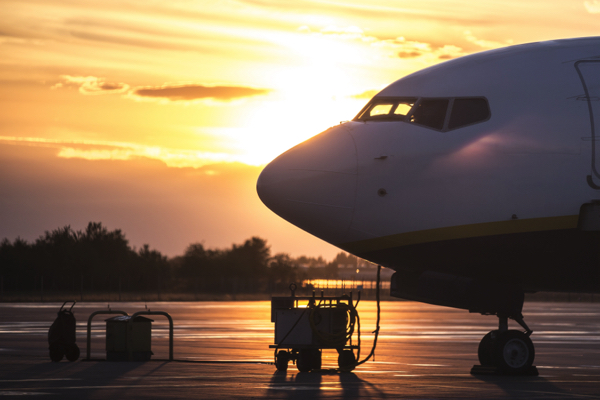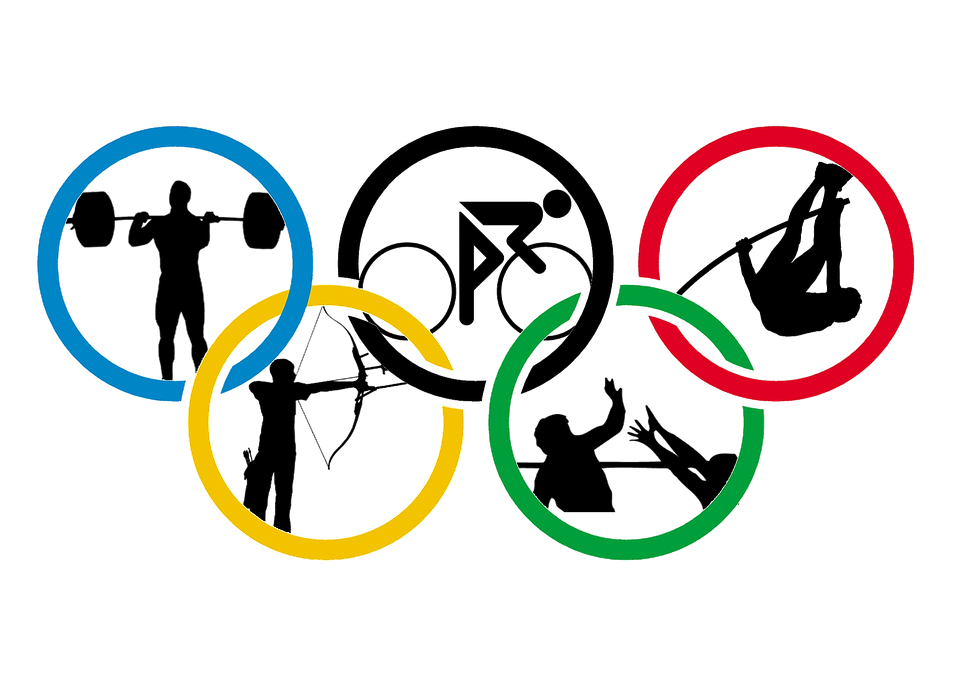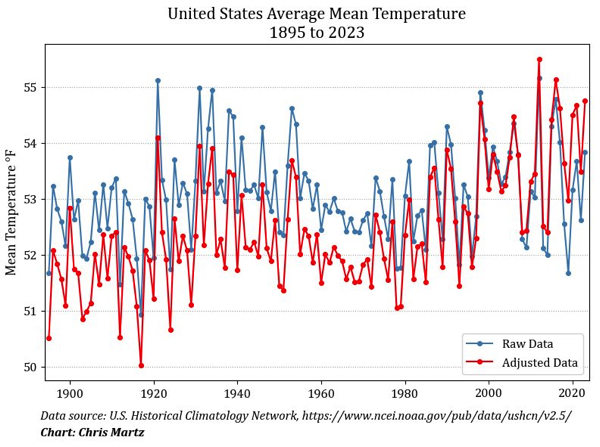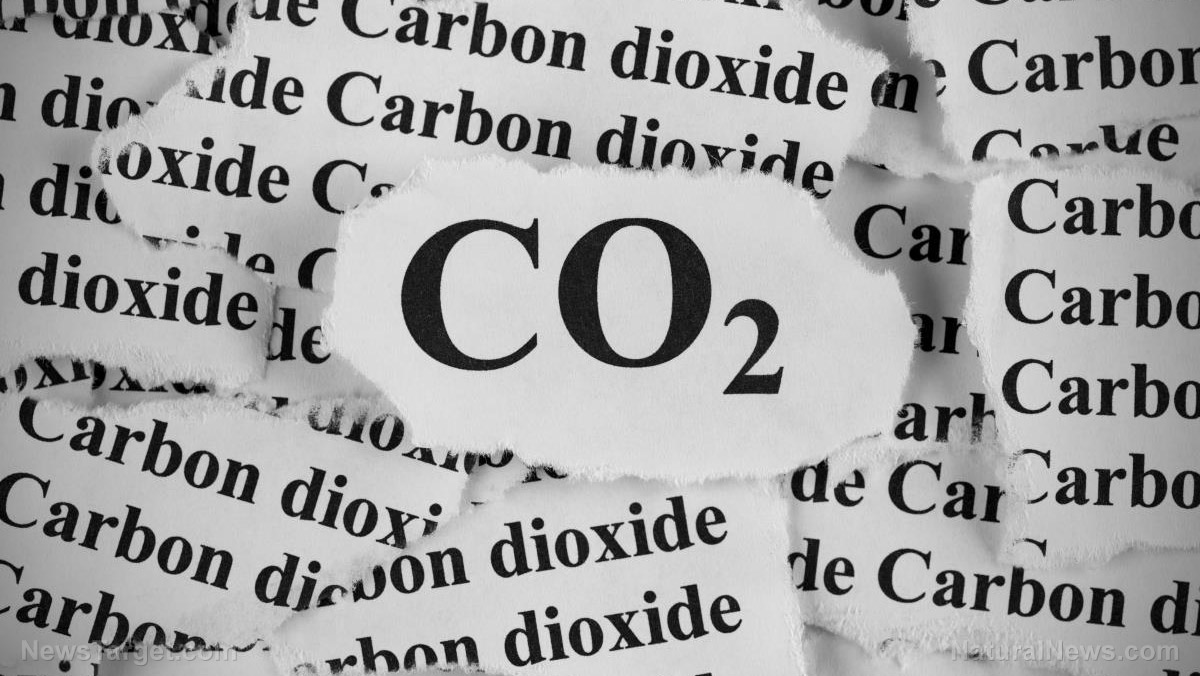Air New Zealand DROPS absurd Net Zero 2030 climate goal
08/06/2024 / By Ramon Tomey

Air New Zealand (Air NZ) has dropped its absurd Net Zero climate goal, which it originally sought to accomplish by 2030. The flag carrier for New Zealand abandoned this goal on July 30.
According to the airline, delivery delays of fuel-efficient aircraft and the affordability of alternative jet fuels prompted it to reexamine its decarbonization goals. In a statement, Air NZ CEO Greg Foran pointed out that potential delays to the airline’s fleet renewal plan pose an additional risk to the target’s achievability.
“It is possible the airline may need to retain its existing fleet for longer than planned due to global manufacturing and supply chain issues that could potentially slow the introduction of newer, more fuel-efficient aircraft into the fleet,” Foran said. “As such, and given so many levers needed to meet the target are outside our control, the decision has been made to retract the 2030 target.” (Related: Air New Zealand first major airline to abandon impractical climate goals, citing lack of realistic solutions.)
Previously, Air NZ had said its 2030 target was to reduce carbon intensity by 28.9 percent compared with 2019 levels. But on July 30, the airline said work on a new near-term target has begun.
Meanwhile, Air NZ Chairwoman Therese Walsh said the airline remains committed to reaching its 2050 Net Zero carbon emissions target.
“Our work to transition away from fossil fuels continues, as does our advocacy for the global and domestic regulatory and policy settings that will help facilitate Air NZ, and the wider aviation system in New Zealand, to do its part to mitigate climate change risks,” she remarked.
Air NZ also withdraws from UN-backed climate group
Aside from abandoning its 2030 climate targets, Air NZ also confirmed its intention to immediately pulled out from the Science-Based Targets Initiative (SBTI) network. SBTI is a United Nations-backed climate action group that seeks to help firms reduce their emissions in adherence to the 2015 Paris Climate Agreement.
Aviation is widely regarded as one of the most challenging sectors to decarbonize. It was estimated to account for two percent of global energy-related carbon emissions in 2022.
According to the International Energy Agency, technical measures related to low-emission fuels, improvements in engines and airframes, and demand-restraint solutions would all be needed to curb growth in emissions in aviation.
However, one cannot help but notice that Net Zero targets are aimed at companies that offer services to regular people. It appears that the globalist elites and their tools are exempt from these climate goals.
Clear examples of these are pop star Taylor Swift and Microsoft co-founder Bill Gates. Both of them travel around the world in their private jets with a huge carbon footprint, but justify this practice by saying that their advocacy to make people aware of climate change offsets their carbon contributions.
Ultimately, it boils down to a case of “stringent Net Zero goals for thee, but not for me.”
Head over to ClimateAlarmism.news for similar stories.
Watch climate alarmism critic Paul Burgess exposing that Net Zero is a lie in the clip below.
This video is from the Be Children of Light channel on Brighteon.com.
More related stories:
The Highwire with Del Bigtree: Net Zero is a deliberate attack on global food supply.
Net Zero means NO FLYING at all by 2050, says British mathematician Norman Fenton.
Net Zero policies will leave half the world’s population with nothing to eat, researchers warn.
Sources include:
Submit a correction >>
Tagged Under:
absurd, Air New Zealand, air travel, airline industry, business, carbon dioxide, carbon emissions, carbon footprint, climate change, climate insanity, climate targets, flag carier, green deal, Green New Deal, green tyranny, insanity, New Zealand, transportation
This article may contain statements that reflect the opinion of the author
RECENT NEWS & ARTICLES
GreenTyranny.News is a fact-based public education website published by GreenTyranny News Features, LLC.
All content copyright © 2018 by GreenTyranny News Features, LLC.
Contact Us with Tips or Corrections
All trademarks, registered trademarks and servicemarks mentioned on this site are the property of their respective owners.



















